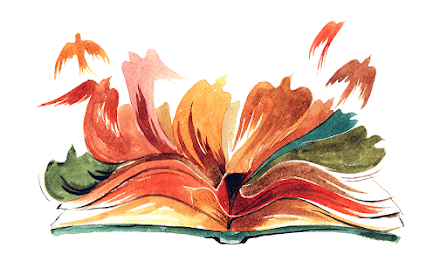The representation of women in Hindi cinema

When watching a movie, have you ever noticed how the camera would pan in and out over an actress's body? Many well-known Hindi tracks, including "Tip Tip Barsa Paani" and any song by Honey Singh, romanticize objectification through their lyrics and camera angles. We overlook the effect that these scenes have had on the audience as we watch scripts with poor structure and content from the comfort of the theater. Women were typically prohibited from acting in shows and movies in the early 1900s. It got to the point where a male played the first heroine in an Indian film. Dadasaheb Phalke, the father of Indian cinema, assigned male actor Anna Sulanke the role of Taramati in Raja Harishchandra (1913), the country's first motion picture. In the 1950s and 1960s, known as the "Golden Era of Bollywood," women were portrayed as strong characters. Take Waheeda Rahman's character in Guide, or Nargis's part in Mother India, a film that praised the idea of wom...




